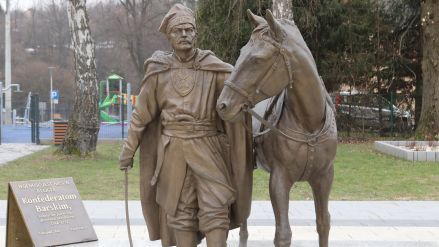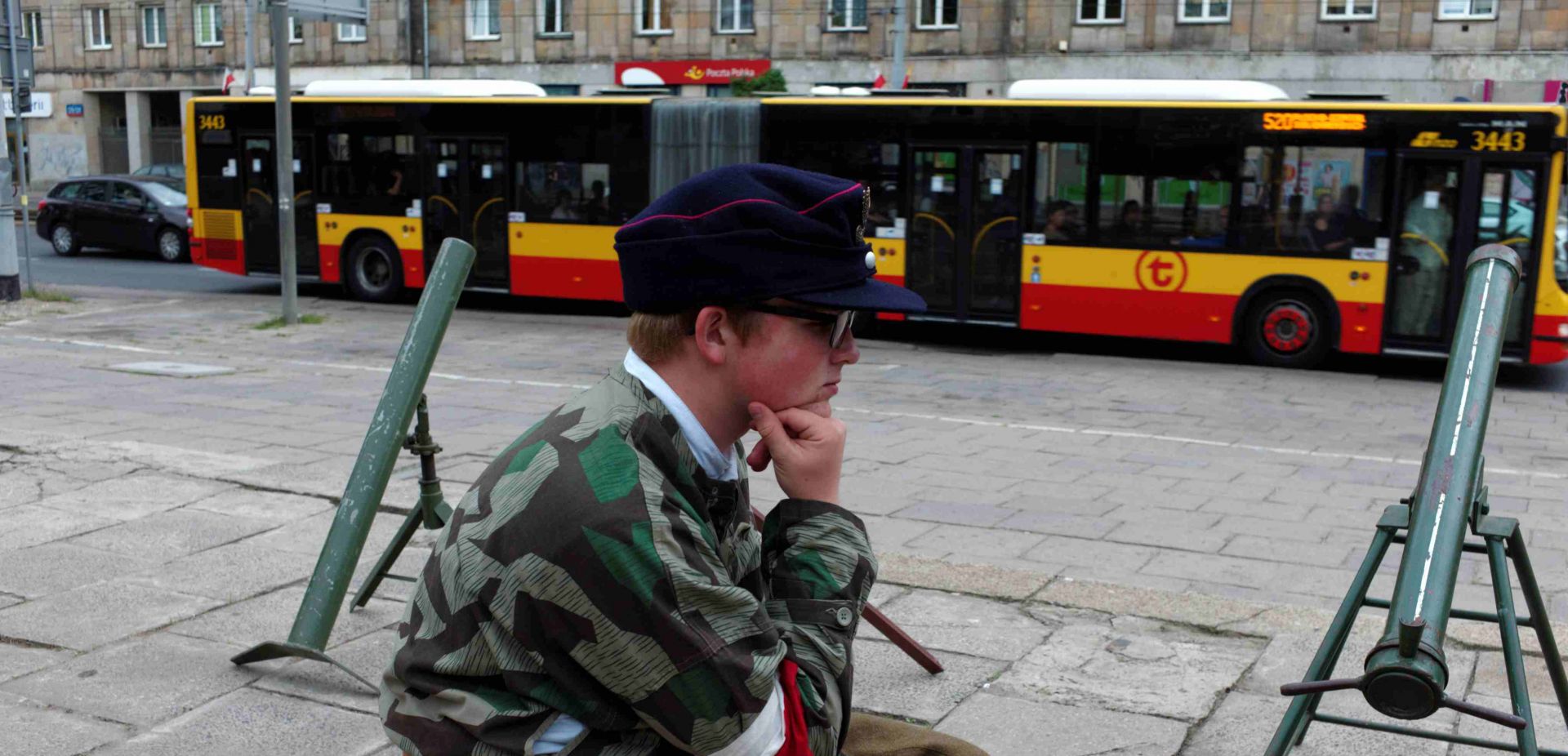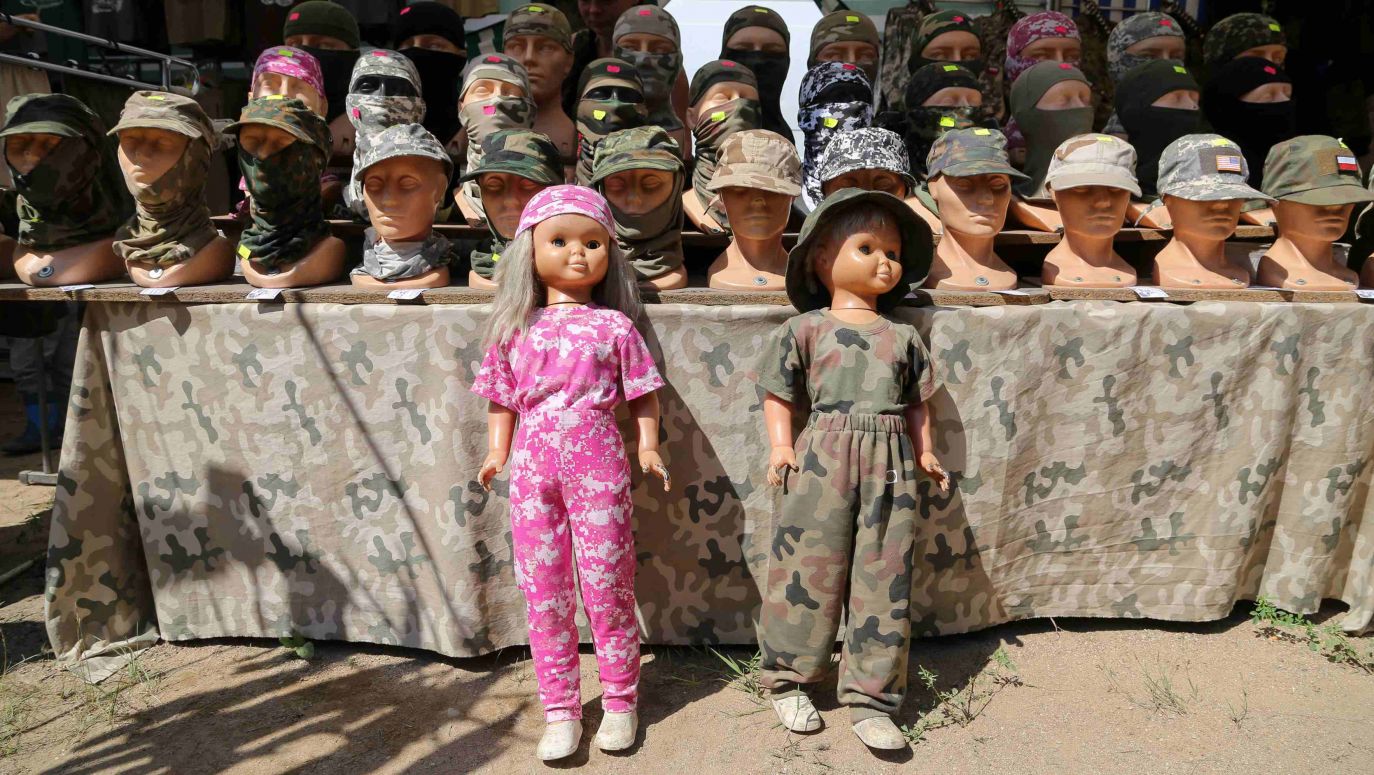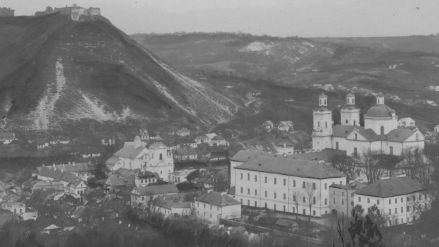Poles are interested in history. After all, it is the key to understanding today’s reality
24.08.2022
I am in favour of providing good quality history education, whether it is an exhibition, a book, a historical comic book or a film. My biggest fear is that we will spend a lot of money on making billboard campaigns, producing comic books that nobody reads or films that nobody watches, and we will not take care of their quality – says Robert Kostro, historian, columnist and director of the Polish History Museum.
TVP WEEKLY: Why has the history not ended?
ROBERT KOSTRO: After the collapse of communism, in the 1990s, Francis Fukuyama’s theory about the end of history was fashionable. In fact, it had good grounds. It seemed that the great conflict tearing the world apart, the conflict between democracy and communism, was finally over and won by the democratic world. At the turn of the twentieth century, there were no revolutionary ideas to be seen in Europe since at least the French Revolution.
These were calmer times, and before that virtually every generation had experienced war.
Conflicts and revolutions happened relatively often. Look at the 19th century: first the Napoleonic Wars, the 1830 revolutions in France, Belgium, the Revolutions of 1848, the Franco-Austrian War, the Crimean War, the Russo-Turkish Wars, the uprisings in Poland, Greece, Italy. Throughout the 19th century Europe was buzzing with ideas that sought to transform its political, economic and social space. First there were liberal ideas, then socialist ideas, and finally nationalist ideas. In the first half of the 20th century, we had two world wars, the Russian Revolution, fascist movements and Nazism. By contrast, the 1990s in Europe, apart from the Balkans, were characterised by a sense of stability. It seemed that Poland, having joined the EU and NATO, would be secure for decades. However, this has changed.
But not right away. When did it start?
The first shock was the attacks on the World Trade Center in September 2001. The war on terror was a new impetus. At first it seemed that this threat was far away from Europe and from Poland. Indeed, a great historical acceleration has taken place in the last seven-eight years. The revolutions in North African and Middle Eastern countries brought hope rather than anxiety. So did the Orange Revolution and the Revolution of Dignity in Ukraine, but starting with the refugee crisis, problems began. Armed conflicts began to erupt closer and closer to us: Russia’s war with Georgia, war in Donbas, and finally the war in Ukraine, which has been going on since February, practically just beyond our borders, finally convinced us that history has not ended yet.

We will eat the host: Poland – wrote the King of Prussia. The manifesto of the partitioning powers began with the words: “In the name of the Holy Trinity!”.
see more
But the citizens of these countries were unlikely to sense this.
This is true. And the third consequence of the war is the experiences that remain in our historical memory, also in the family consciousness. Almost everyone has someone in his or her family who was killed during the war, fought in combat, was in a concentration or prison camp, or was in forced labour. The experience of the Second World War and the German and Soviet occupation is deeply rooted especially in the collective memory of Poles. The trauma is even more strongly present for Jews, as the percentage of human losses was higher than for Poles. The dramatic experience survives in family word of mouth, in individual memory and in national historical consciousness. This has long-term consequences.
After the collapse of communism, we did not return to the right path of development we were on in 1939.
After 1989 we experimented – successfully, but not always. Poland’s economic growth continued for almost three decades, but we must also remember about the collapse of a significant part of industry or its takeover by foreign capital for pennies on the dollar. In the 1990s our lack of experience in the market system came out. We proved helpless in the face of primitive tricks used by people coming from the West and buying our enterprises for a song. They did this by means of bribes or by charming us with the wind of western freedom. This is a kind of long-term consequence resulting from the war and the division of Europe. Nor can we forget the material losses that we are now trying to calculate. These calculations carried out years later are very difficult and complex, but they must be done. Whatever the final outcome of our claims. It is worth describing the losses if only for the sake of knowledge and historical memory. There are many issues from the Second World War that have not been researched over the years.
What issues do you have in mind?
It was only at the beginning of the 21st century that Poland launched a systematic programme for counting personal losses. Previously, losses were estimated for the purpose of settlements with the Third Reich in the 1940s and 1950s, and then the subject was basically put aside. Historians used data from the mid-1940s for several decades.
The list of cultural losses is similar.
Some estimates were made in this sphere just after the war, but now we are back to it again. Thanks to the internet, computers and modern technology, many things can be located more easily, quickly and accurately. It is also important to get the Ministry of Culture and National Heritage more involved in this process, where a special department has been set up to deal with war losses. What we can, we should recover, but also know what we lost, when and how. These activities are important for our memory and historical awareness.
You talk about memory and historical awareness. What is the evidence that Poles are interested in history? Perhaps the number of monthly magazines and supplements devoted to history available on the press market?
Interest in history manifests itself in Poles in various forms. What you are talking about is one important measure of interest. But there are at least a few more.
What else is there to prove it?
The popularity of re-enactment groups performing at battle sites and during anniversary celebrations. It is a form of activity in which many people participate at local, regional and national level.
The cross-section of people involved in historical reconstructions is very diverse.
Of course. You can find not only historians there. There are plenty of people interested in these subjects. Another example, coming from the top, is the creation of history museums. The Polish History Museum is a government initiative, but museums are also created at the local, regional or municipal level. They are popular and frequently visited. They are rarely empty. This shows that Poles are interested in history, that they consider it important and significant.
What can be done to promote history even more effectively, to create interest in it?
The expression “promoting history” arouses mixed feelings in me, because it sometimes amounts to producing material that in theory serves to popularise history, but in practice interests no one. They do not provoke reflection or emotion, or worse – are historically questionable. It is important to provide history education of good quality. What we do must be credible and true. History enthusiasts should cooperate as much as possible with academics, who will provide them with expertise. The second incredibly important element is to create the right tools and skills so that history is not just an embellishment.
What does it mean?
After watching a historical re-enactment or visiting a museum, something of it should remain in our consciousness. It is important, therefore, to create practices and instruments that allow not only a momentary interest in the subject, but a feeling of history, a possibility to learn something from it and to remember it. And it is important to finance activities at the right methodological, educational, artistic level. The meaning of historical events needs to be explained to people. History is, after all, the key to understanding reality.
So the causes and effects of historical events should be identified?
Yes, that’s why I’m cautious about the expression “popularising history”, because for me it’s more important to reach the audience and deepen historical reflection. What is important is what comes out of history. The danger of “killing” history is to flood people with historical messages without a method or any idea. It has to become an interesting and important issue for the audience, something that broadens their horizons.


 SIGN UP TO OUR PAGE
SIGN UP TO OUR PAGE 







